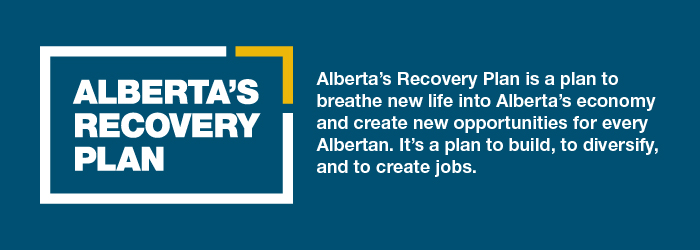CCME, being held Aug. 30-31, is a minister-led intergovernmental forum to discuss national and international environmental issues. Minister Issik will meet with federal, provincial and territorial environment ministers and share Alberta’s progress and successes managing climate change, air quality, waste and recycling. Topics Minister Issik will discuss include:
TIER: Alberta’s Technology Innovation and Emissions Reduction (TIER) system has seen more than $1 billion from the TIER fund used to reduce emissions, create jobs and diversify the economy.
Adaptation: Alberta is funding programs to ensure communities are better prepared for, and more resilient to, disasters like floods and fires.
CCUS: Alberta is recognized as a leader in developing carbon capture, utilization and storage (CCUS) technology. Alberta and industry have committed about $1.8 billion to fund projects like the Alberta Carbon Trunk Line and Quest, which have safely captured and stored more than eight million tonnes of emissions so far.
Methane: Alberta is on track to reduce methane emissions from the oil and gas sector by 45 per cent below 2014 levels as early as 2025, with about 34 per cent reductions as of 2020.
Renewables: Alberta is working toward 30 per cent of the province’s electricity coming from renewable sources by 2030. Since 2019, more than $3.1 billion worth of utility-scale renewable generation projects have been announced in Alberta.
Hydrogen: Alberta's Hydrogen Roadmap outlines the path for Alberta’s role in the clean hydrogen market, including integrating hydrogen within our existing energy systems, and developing the capacity to export clean hydrogen to international markets. Alberta is the largest hydrogen producer in Canada, and studies show we can produce some of the lowest-cost clean hydrogen globally.
Air: The province is on track to end coal-fired generation in 2023, seven years ahead of our 2030 goal.
Waste: Alberta is taking steps to ensure plastics are not just used and recycled but also turned into new products. This work includes the extended producer responsibility (EPR) framework, which shifts the cost of recycling from municipalities and taxpayers to producers. EPR is part of Alberta’s Natural Gas Vision and Strategy, and moves Alberta closer to becoming the western North America centre of excellence for plastics diversion and recycling by 2030.
Alberta’s government is committed to working with its national and international partners to advance shared interests that can lead to new opportunities for people and businesses in Alberta and around the world.
